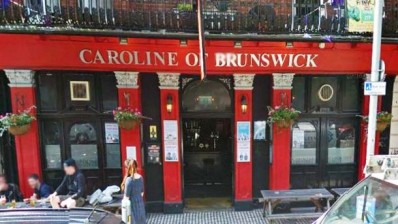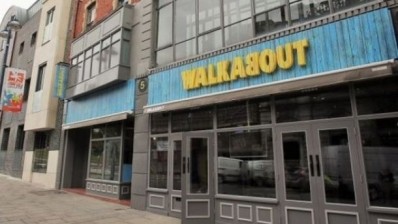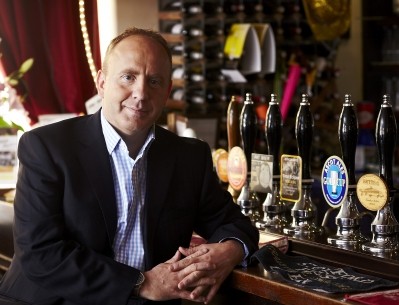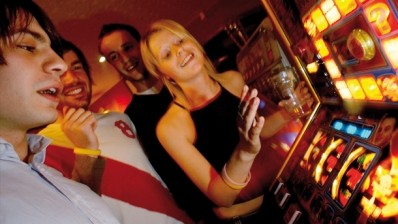MA500
Bitters N' Twisted's Matt Scriven: 'I wanted to put Birmingham on the map'
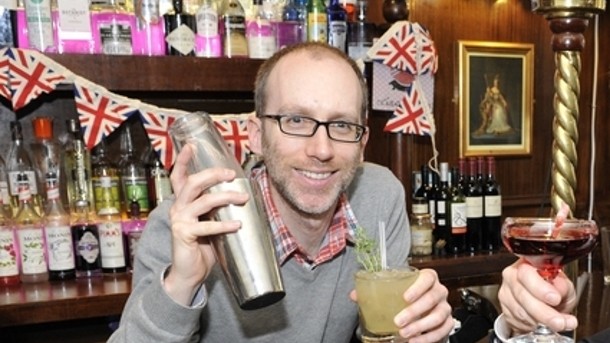
Here, founder Matt Scriven talks about the city’s ever-changing nightlife and why the Midlands has a lot to offer for the hospitality industry.
You used work as an accountant, what made you want to work in the hospitality industry?
Accountancy gave me an opportunity to get a bit of meat on the bones on how to run a business. Having lived in Leeds and Newcastle, I gained an interest and passion in hospitality, specifically cocktail bars and the spirits industry. When I moved to Birmingham, I decided to bite the bullet and open my own venue.
Tell us about your eight sites in Birmingham
All our sites have a cocktail theme and a particular spirit offer. Our first site, the Island Bar, serves cocktails but also specialises in rum. Similarly, in the Jekyll & Hyde, we developed a large gin collection. The Bodega, our first restaurant, focuses on South American food and specialises in Tequila, wine and beers.
#BlackFriday Escape Plan:
— Jekyll and Hyde (@Jekyll_n_Hyde) November 25, 2016
Get to Jekyll, Order a "GIN-MAS SPICE" with @SapphireGinUSA & @rekorderlig Spiced Plum cider.
Repeat as needed! ;) pic.twitter.com/JmPWpWAh0m
How have the public responded to the different sites?
People really enjoy trying new products that are neither over-complicated or expensive. We try to make cocktails and spirits as accessible as possible.
In what other ways did you ‘raise the standard’ of the city’s independent bar and restaurant Scene?
A lot of people who have worked for me have become managers in other sites, or have opened their own venues. It has been great to see that my venues have been a catalyst to develop a new generation of bartenders and managers. I wanted to put Birmingham on the map and make it a lot better than it was. The city had a pretty poor-quality offering and it was an opportunity for me.
Are you in the club?
The MA500 club is open to multi-site pub operators and runs three nationwide events a year that include business-focused presentations from top experts and owner-operators.
Each event is followed by an evening networking study tour of new and exciting venues in the area.
- To register your interest in attending the next MA500 meeting in Birmingham on 16 February 2017, email lucy.flack@wrbm.com
What potential did you see when you first opened there?
There were very few places, other than hotels, 10 years ago where you could get a nice cocktail, but had to pay premium prices. My objective was to provide people with a choice of drinks and spirits in an unpretentious venue and give great value for money and a range of options.
How has the city changed since?
In 2006 there was not a lot of customer knowledge out there and social media was in its early days. Communicating with potential customers was very difficult, so it was a very slow start. Birmingham has always been a tough market. People were only used to big chains and had certain expectations on what they were being offered on a night out, I was trying to change that. It was a very educational period, I learned a lot of things.
What are your thoughts on the national living wage going up to £7.50 per hour?
Our industry has often been unfairly taxed. Most perceive us a luxury and politicians seem to look on us as a bit of a cash cow. It is still a highly taxed industry compared to the Continent and, as a result, it holds businesses back, especially independent ones, from being creative.
What does the future hold for the company?
I want to develop more Bodega sites and continue to expand in the Midlands, which is an area that has been neglected. As a small operation, we want to be based within an hour of Birmingham.
You’ve been in the industry for 10 years. Looking back, how do you think it’s been?
It probably went in two phases, the first was survival, development and learning, and the second has been about innovation, developing confidence and being proud of
your product.
